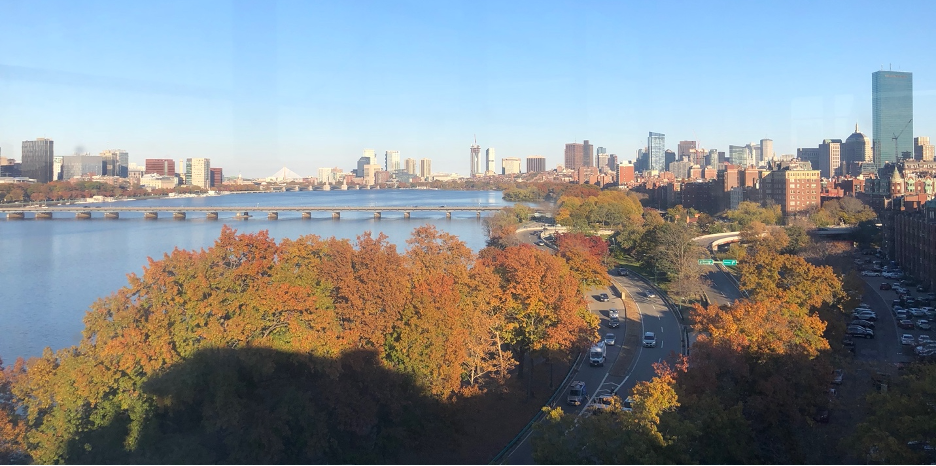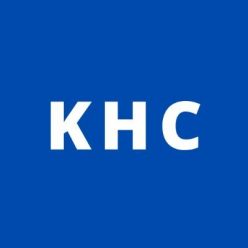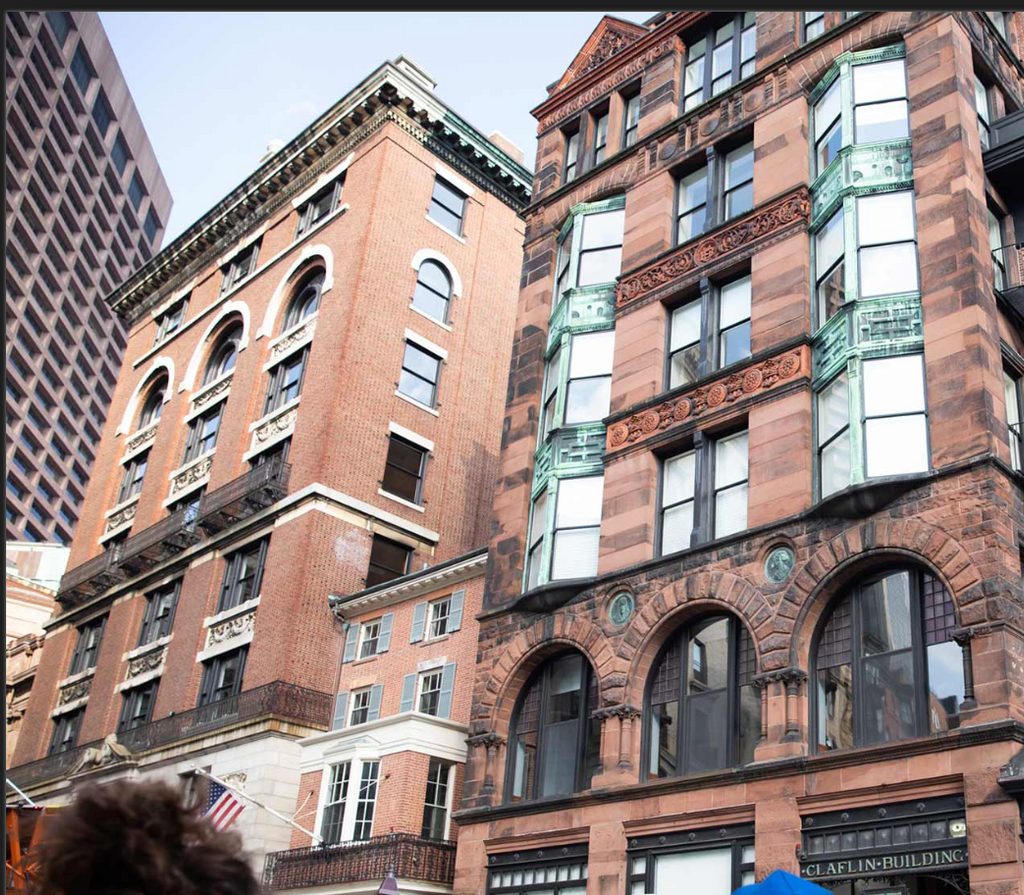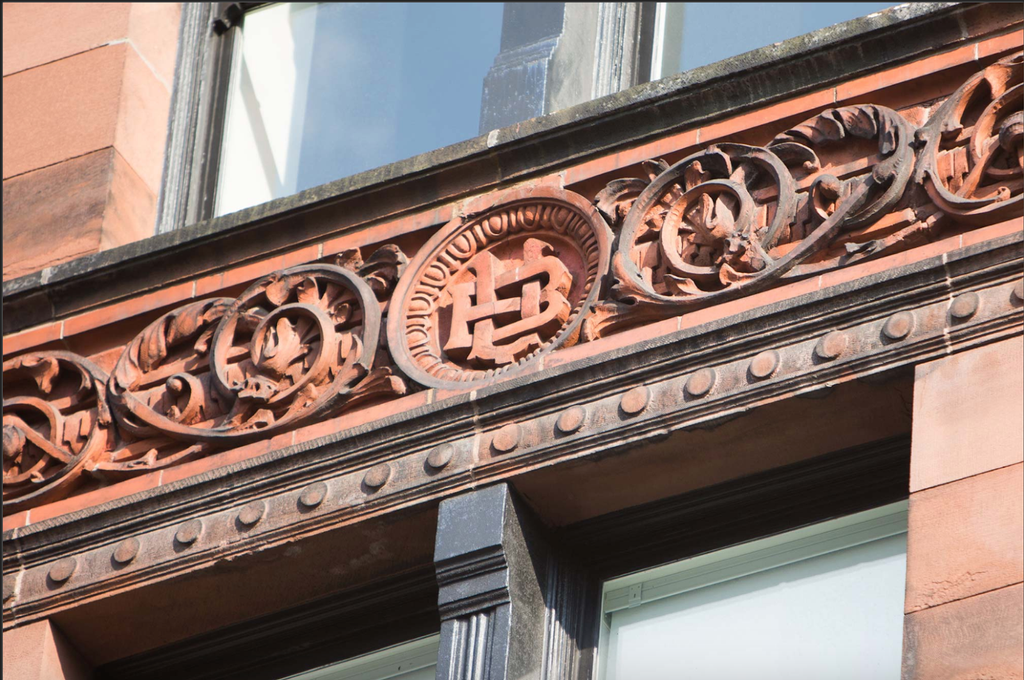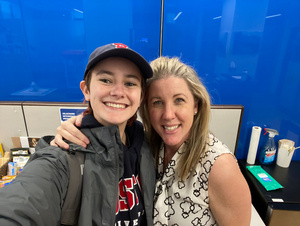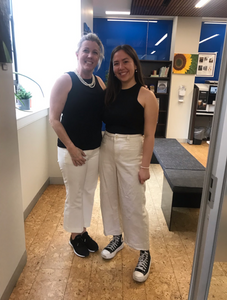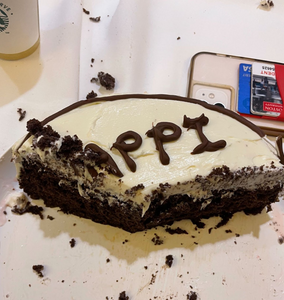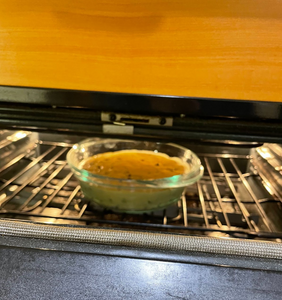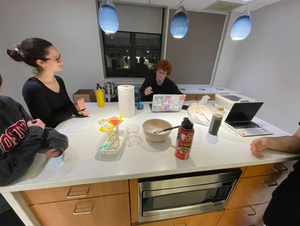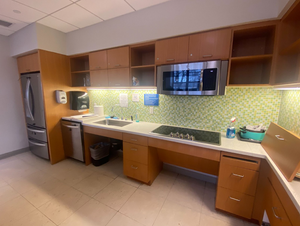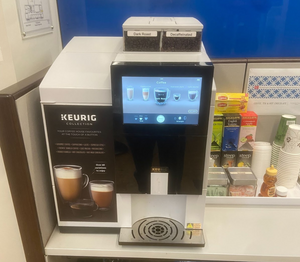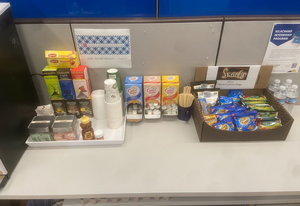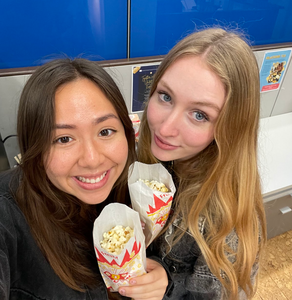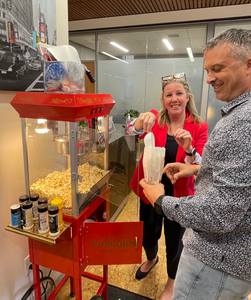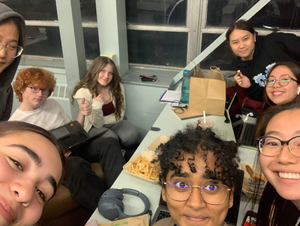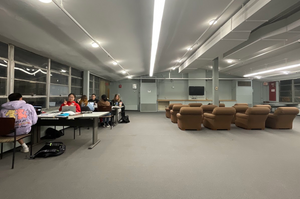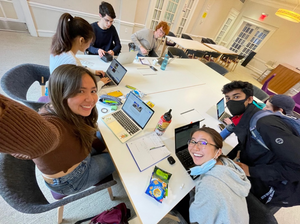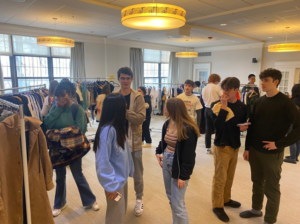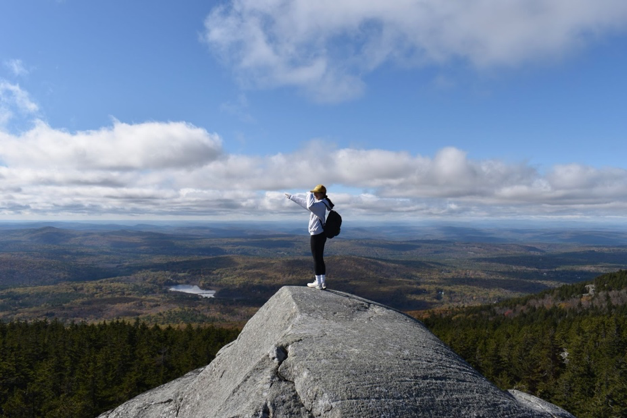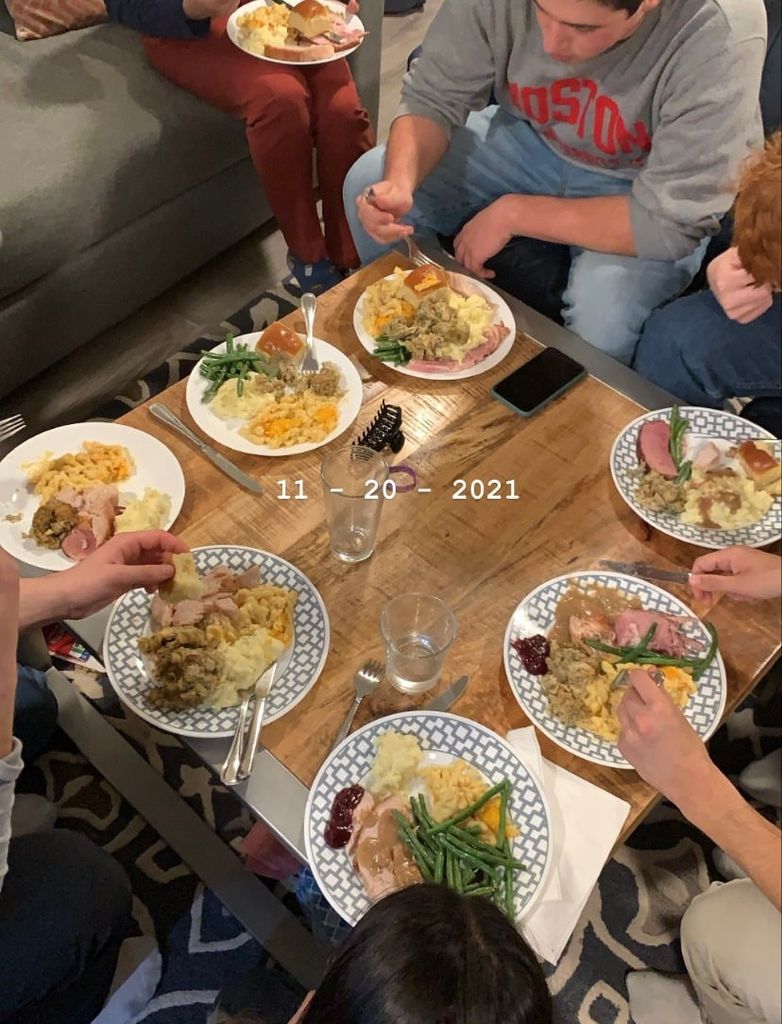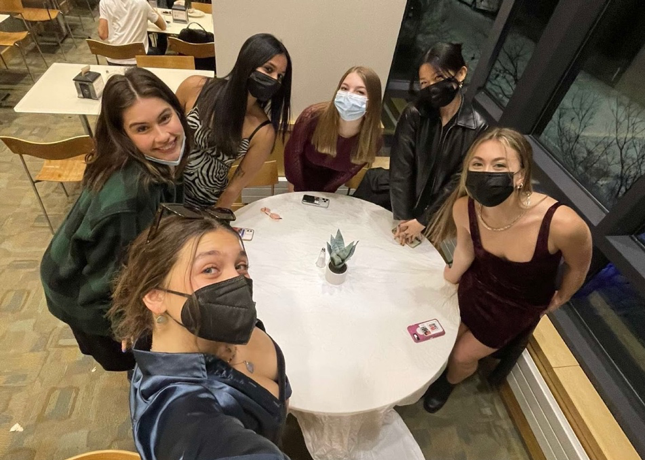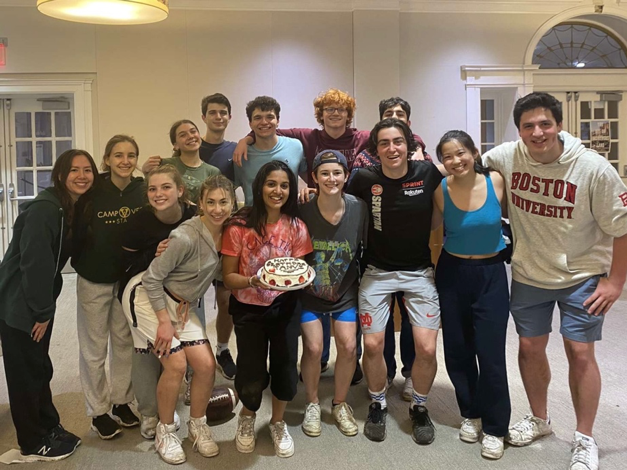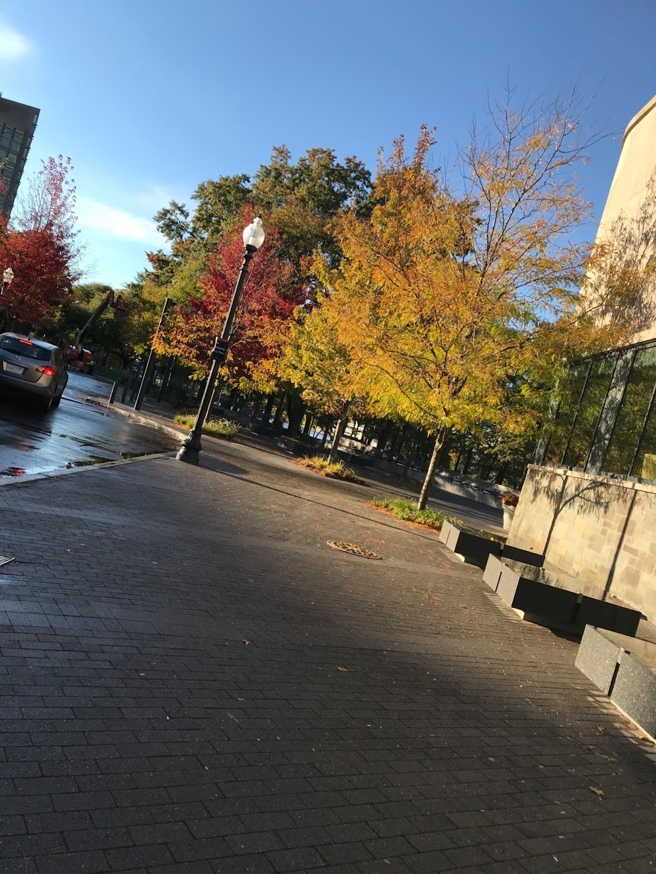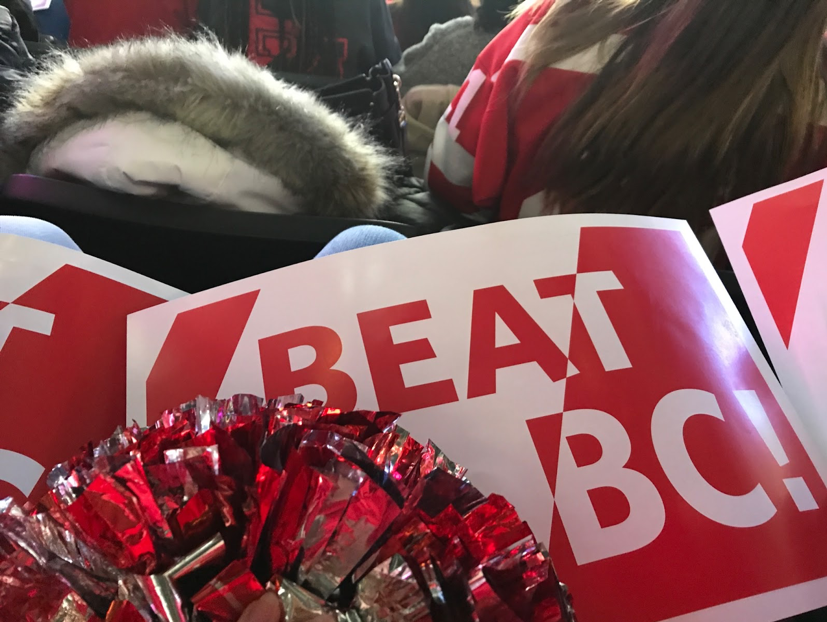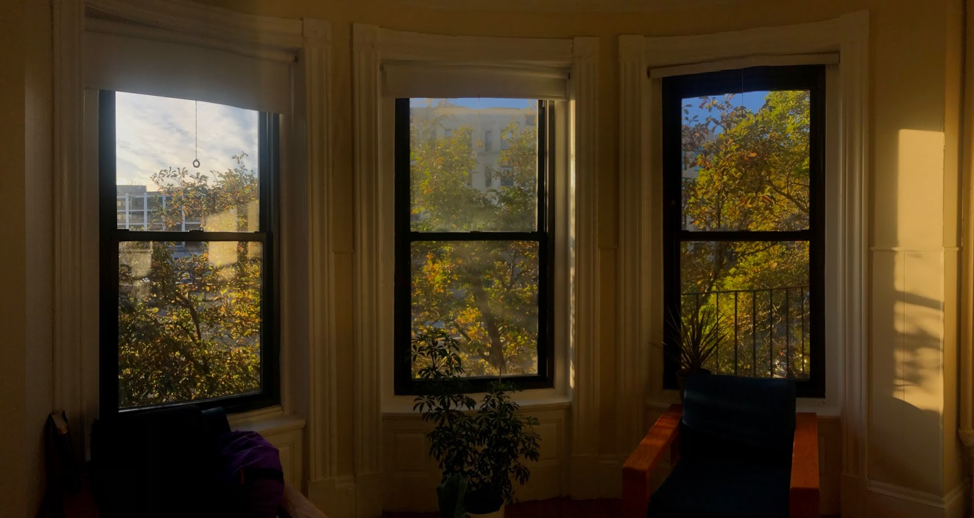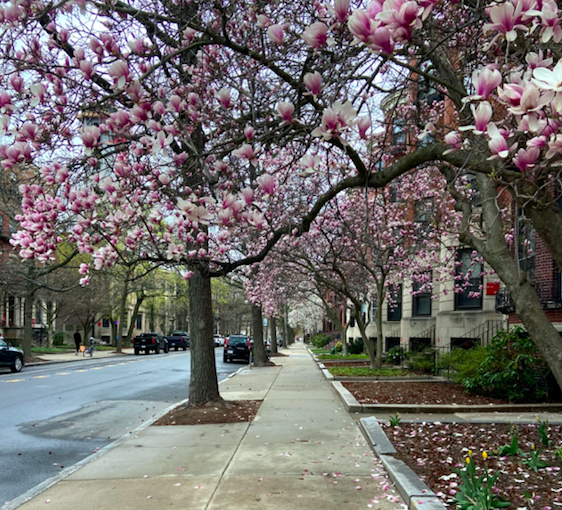By Aiden Cliff (CAS/Questrom'23)
Hello everyone! First and foremost, I want to congratulate all of you on your admission to BU and KHC. My name is Aiden Cliff and I am a Peer Mentor, Kilachand Ambassador, and KLAB representative in the class of 2023. I am a dual degree student in the BA/MA program for economics within the College of Arts and Sciences (CAS) and a Business Analytics concentration within the Questrom School of Business (QST). Kilachand attracts the best, brightest, and most ambitious students from around the world. Naturally, some of you want to take your education to the next level and pursue either a dual degree or a double major. While these programs are not for everyone, I wanted to share my experience as a dual degree student within KHC and give you a few tips on approaching these rigorous programs.
One important thing to keep in mind when reading this blog post, and while at BU, is the language that the University likes to use. The double major program is for students working towards two Bachelor’s degrees within the same school or college. An example of this would be a student studying both Chemistry and Biology within CAS. The dual degree program is for students pursuing two Bachelor’s degrees from different schools or colleges. This is what I am personally doing since I am studying Economics in CAS and working towards a separate Business Administration degree within QST. Usually, a double major will have fewer requirements than a dual degree since many programs within the same college have overlapping requirements.
1. Be sure this is something you want to pursue
Taking on a second major or even a minor can add a lot of coursework on top of an already rigorous academic program. Getting one college degree, especially from KHC and BU, is already such an accomplishment. You shouldn’t feel pressured to try and double major if you really don’t want to. Adding on this coursework could make sense if you want to go into a certain field where you would be at an advantage having two degrees or if you are really interested in the classes. I would not recommend taking on these extra academic commitments if you’re just looking for something else to fill your time or you really can’t see yourself enjoying your classes. You can always add a minor to explore that interest without as much commitment!
The choice is completely up to you and definitely is not something you need to make right away. There is a wide variety of majors you can select at BU and a lot of students don’t even know which one to pick, and that’s completely okay! Feel free to use your first few semesters to take a wide variety of classes you’re interested in and you can get a better feel for if you’ll want to double major from there. You don’t need to declare a dual degree until the end of your sophomore year, so you will have plenty of time to see what the right fit for you is.
2. Come in with credit if you can
Taking on two degrees at once obviously comes with a lot of other academic responsibilities. By being able to skip a few classes, either through AP, IB, or other college courses, you could be at a big advantage when it comes to scheduling. If you reported your test scores to BU, all this information should be on your StudentLink under the Academics tab and External Credits and Test Scores. You can then see which classes BU has already given you credit for, and therefore won’t need to take during college.
Coming in with a lot of external credits can make adding an extra degree a lot more feasible since you will have more space in your schedule. If you don’t have a ton of credit already, that doesn’t mean you can’t do a dual degree; it just may mean you need to take a few courses over the summer or have less space for electives.
3. Utilize the increased credit cap
Another perk of Kilachand is that you are able to take up to 20 academic credits per semester plus an additional 2 non-academic credits. The normal BU student is capped at only 18 credits total for the semester. This means you can take up to 20 credits without any paperwork or anything like that. This is considered "overloading" and is what I have chosen to do. It is a really easy process and you just add all the classes as you would normally.
By overloading, it will be a lot easier to complete your dual degree on time. While this is no easy task, you are often able to plan your schedule so that the semesters you need to take an increased credit load, your classes will be a little bit easier. For example, overloading with a STEM heavy schedule and a lot of lab components would be significantly more time-consuming and difficult than adding an intro-level humanities elective to your plan of study.
If you wish to do more than twenty academic credits, it would be extremely difficult. That's where the paperwork comes in, along with a litigation process to actually get approved. If you do get approved, BU will charge you a little extra per credit and the workload would be tremendous. I don't know anyone who has tried to do this and I really wouldn't recommend it. By taking 20 credits, you will already be ahead of the average BU student and will definitely finish your major requirements at a swift pace. I would just like to remind you that Kilachand students are not able to graduate early, so if this is your intention to overload I would once again not personally recommend it.
4. Make a written course plan
This is essential for any college student, but is especially important for dual-degree students. Being able to lay out all your classes and keep your requirements in line can be a really tricky task, and impossible to do in your head. I recommend making a spreadsheet mapping out a rough idea of what you want each semester to look like at BU. A lot of the requirements for each major are available online and this can be really helpful when it comes time for registration or advising appointments.
The key parts are your requirements for your major(s), KHC, and the HUB (BU’s version of general education requirements). Making a course plan can be a really helpful tool to see if a dual degree is even right for you in the first place. A lot of students want to spread their reach and go for the dual degree, but just don’t physically have space in their schedule and this can show that clearly. You don’t need to make one of these right away and whatever you put on here can definitely change throughout your time at BU. Consider it as kind of a rough guide as soon as your plans and major choices get more solidified. I did not make mine until the first semester of sophomore year, when I had a more concrete idea of what degrees I actually wanted to pursue. I will be happy to share the planner I personally use with anyone who reaches out to me if you want a better idea of what an example actually looks like!
5. Meet with your advisors often
Making this course plan is only the first step! You also need to meet with your advisors every semester. Academic advisors in college are like the equivalent to guidance counselors in high school (but better!). These are the people you should go to if you have any questions about academics or anything at all about college. The biggest difference is instead of having only one counselor for everything, you will have a separate advisor for each academic commitment you take on at BU. For example, I have one advisor for KHC, one advisor for my Economics degree, and a third advisor for my business degree. The reason for this is because each advisor is meant to be a specialist in their department and they are all amazing.
I can speak specifically for the Kilachand advising team in saying that they are truly amazing people. They are all really down-to-earth, very knowledgeable, and easy to have a conversation with. While you will be “assigned” to one advisor within KHC, you are definitely not limited to that one person. I encourage you to introduce yourself to the entire Kilachand advising team, there's always someone in the office on the bottom floor of KHC to share a coffee or have a snack with.
Having a good relationship with your advisors is one of the most important parts of college. Not only can you get a lot of good advice and academic information, but your advisors will be approving your dual degree enrollment and other academic forms throughout your college career. I have had a lot of great conversations with all of the Kilachand advisors and they have helped me more times than I can count.
6. Take time for yourself!
It can be so easy for any student, especially a dual degree student within KHC, to be caught up in academic work all day. While college may bring a lot of new responsibilities and coursework, I can not emphasize enough how important it is to take time for yourself. Your mental health is extremely important and it’s vital to find outlets to destress and enjoy your college experience!
This looks different for every student, but for me, I am able to destress by finding a non-academic club to take my mind off of my studies. There is a wide variety of clubs you can join at BU, but I was able to find my escape on the Club Roller Hockey team. Being able to have a few hours of my week blocked off for athletics and socializing with teammates makes me a lot happier in general. I was also able to find that I am better able to focus on my work when it comes down to academics since I have more motivation overall.
If athletics aren’t your thing that's completely okay! I also spend a lot of time on the Esplanade which is an awesome city park complex attached to BU where a lot of students go to socialize and find time for themselves. The Esplanade is a great place to take a walk, have a picnic, or throw a frisbee with some friends on a sunny day. I always enjoy going up to Longfellow Bridge and appreciate one of the best views of the city when I have a lot of work to do. This helps me mentally reset and ready to start doing some work. Also, feel free to check out Charlie McMahon’s blog post about exploring Boston for some other great ideas to destress around the city.
Hopefully, this helps! I just wanted to share my experience as a double major across colleges within CAS and QST. While all majors, and especially dual degree programs, are extremely different, a lot of this information will be relevant no matter the degree(s) you are pursuing. Just be sure to take time for yourself and enjoy life along the way!
I would be happy to continue this conversation, or others, with anyone. I can also speak a lot about the academics in Economics or business, picking your classes, club sports, exploring Boston, finding a roommate, or anything else you could think of. Feel free to reach out to me (acliff@bu.edu) if you have any questions at all and I will be happy to answer them via email or schedule a zoom call.
